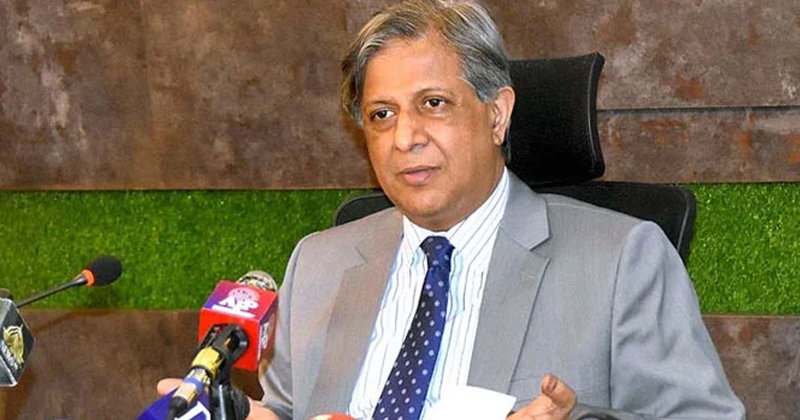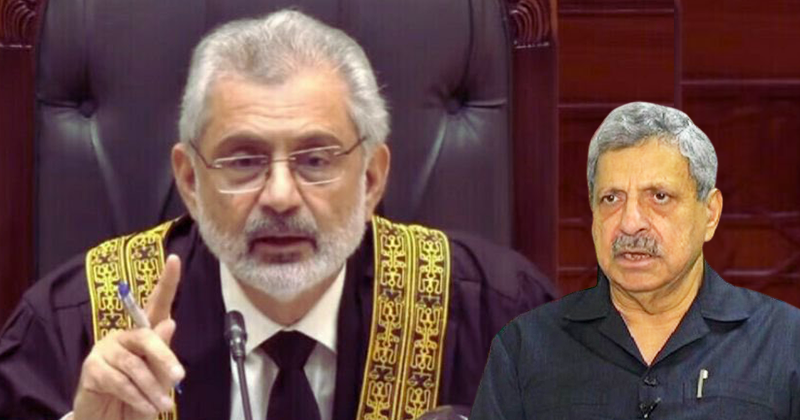Asia's growing economy, coupled with China's rising power, has caused a shift in the USA foreign policy towards Southeast Asia.The two major reasons for such a shift of Washington's foreign policy spotlight are obvious. One is economic and the other is strategic. Rejuvenating the US economy is the Obama's administration most important mission.Asia is not only the most important engine driving present world's economic growth but also the world's largest export market and most attractive investment destination. As the new focus of gravity for global economy, Asia has the most important role to play in USA foreign economic and trade relations.Washington therefore seeks to strengthen its foothold in East Asia rather than witness its global leadership role degenerate.
China's economic growth, one of the most important post-Cold War developments, makes it inevitable for China to expand its influence into Southeast Asia. Southeast Asia therefore seems to become a locus of friction in relations -and a potential cause of conflict-between Washington and Beijing.The USA wants to maintain its global hegemony while China's rise challenges the unipolar configuration of the post-Cold War world. The USA fears that China can expand its sphere of influence beyond economics to politics and can emerge as a truly global power.
China's expanding influence in Southeast Asia may result into more serious challenges against US interests in Southeast Asia.It is therefore no surprise that China's rise has given impetus to the USA to undertake action in response. For Washington, its relations with Beijing continues to be dominated by the anxiety over China's future development.Observers across the globe and the American policy makers continue to debate Beijing's intention with its new found power and status in the international system--especially its hegemonic approach in the Southeast Asia-- and counter strategies Washington is expected to adopt in light of the development for balance of power in the region.
With the expanding might of China, the USA considers it highly imperative to maintain the credibility of its commitment to its allies in the region.
The two powers compete in virtually every arena of international politics for gaining strategic gains.
The two competing powers are jockeying for power and recruiting support from other nations in the region.
The USA new foreign policy 'Pivot to Asia' has been designed to contain and encircle China with a network of alliances and partner nations such as India, veinam, South Korea, Japan, Australia, Singapore and Philippines.Washington's declared pivot towards Asia was indeed a clear indication that the USA could not remain aloof from its interests in the region. The persistent US presence in the region has in turn worsened tensions between China and its neighbours-- Washington's allies. USA's building of ties with countries that share concerns about China's maritime assertiveness is reinforcing within Beijing's fear of containment by USA allies in the region.
China's close relations, on the other hand, with Russia , North Korea and Pakistan and other Asian nations are to counterweight the influence of the USA in the region.Chinese president Xi Jingping recent visit to Pakistan to launch the Chinese -Pak Economic Corridor (CPEC) came as a traumatic blow to Washington and its beloved ally--India-because of the strategic importance of the corridor for China.
In view of Beijing and Washington's strategic interactions in Southeast Asia, a future confrontation between the two powers is a possibility.
USA's strategic competition has implications for both regional and international security. The new geopolitics of Southeast Asia is marked with the emerging contest between the two powers. The rivalry has been highlighted by incidents in South China Sea when the USA has made clear its interests in ensuring freedom of navigation and the peaceful resolution of Beijing's disputes with regional states.
Due to its straregic position, Pakistan should arouse to the potential substantial security challenges arising from the possible clash of the two giant powers as Asia is transforming from focus of attention to locus of friction.
Dr Ali Ahmad
London
China's economic growth, one of the most important post-Cold War developments, makes it inevitable for China to expand its influence into Southeast Asia. Southeast Asia therefore seems to become a locus of friction in relations -and a potential cause of conflict-between Washington and Beijing.The USA wants to maintain its global hegemony while China's rise challenges the unipolar configuration of the post-Cold War world. The USA fears that China can expand its sphere of influence beyond economics to politics and can emerge as a truly global power.
China's expanding influence in Southeast Asia may result into more serious challenges against US interests in Southeast Asia.It is therefore no surprise that China's rise has given impetus to the USA to undertake action in response. For Washington, its relations with Beijing continues to be dominated by the anxiety over China's future development.Observers across the globe and the American policy makers continue to debate Beijing's intention with its new found power and status in the international system--especially its hegemonic approach in the Southeast Asia-- and counter strategies Washington is expected to adopt in light of the development for balance of power in the region.
With the expanding might of China, the USA considers it highly imperative to maintain the credibility of its commitment to its allies in the region.
The two powers compete in virtually every arena of international politics for gaining strategic gains.
The two competing powers are jockeying for power and recruiting support from other nations in the region.
The USA new foreign policy 'Pivot to Asia' has been designed to contain and encircle China with a network of alliances and partner nations such as India, veinam, South Korea, Japan, Australia, Singapore and Philippines.Washington's declared pivot towards Asia was indeed a clear indication that the USA could not remain aloof from its interests in the region. The persistent US presence in the region has in turn worsened tensions between China and its neighbours-- Washington's allies. USA's building of ties with countries that share concerns about China's maritime assertiveness is reinforcing within Beijing's fear of containment by USA allies in the region.
China's close relations, on the other hand, with Russia , North Korea and Pakistan and other Asian nations are to counterweight the influence of the USA in the region.Chinese president Xi Jingping recent visit to Pakistan to launch the Chinese -Pak Economic Corridor (CPEC) came as a traumatic blow to Washington and its beloved ally--India-because of the strategic importance of the corridor for China.
In view of Beijing and Washington's strategic interactions in Southeast Asia, a future confrontation between the two powers is a possibility.
USA's strategic competition has implications for both regional and international security. The new geopolitics of Southeast Asia is marked with the emerging contest between the two powers. The rivalry has been highlighted by incidents in South China Sea when the USA has made clear its interests in ensuring freedom of navigation and the peaceful resolution of Beijing's disputes with regional states.
Due to its straregic position, Pakistan should arouse to the potential substantial security challenges arising from the possible clash of the two giant powers as Asia is transforming from focus of attention to locus of friction.
Dr Ali Ahmad
London

































